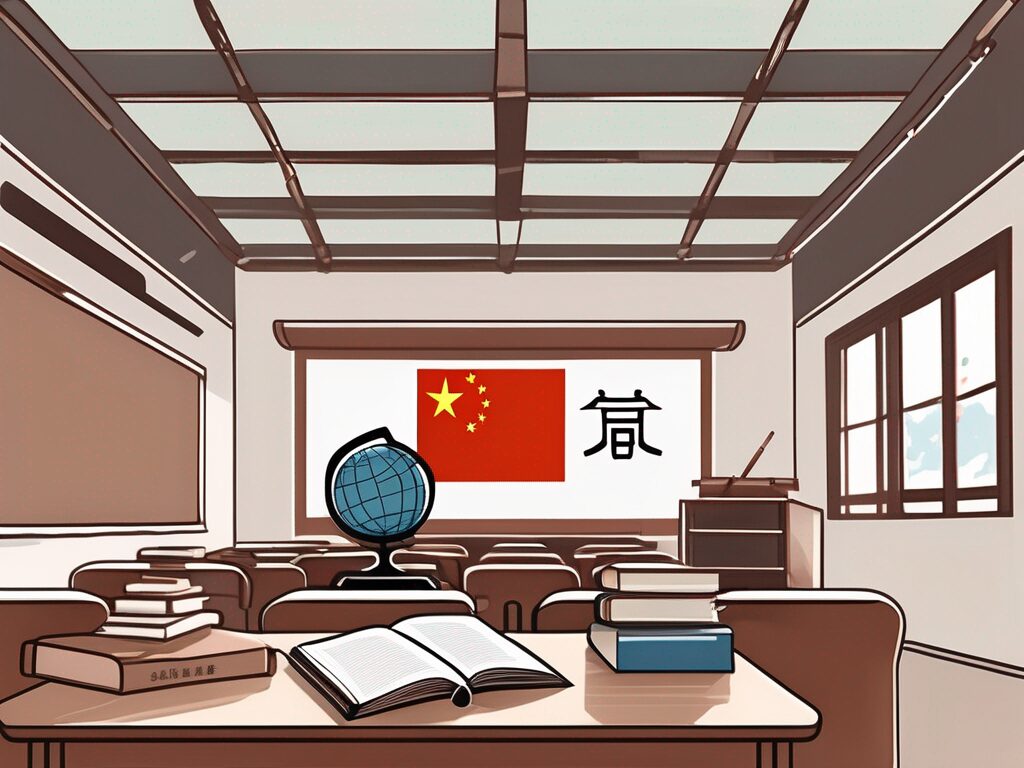Bilingual education in China is a rapidly growing field, offering an array of opportunities for Postgraduate Certificate in Education (PGCE) teachers. As China continues to expand its global influence, the demand for bilingual education is increasing. However, mastering bilingual education in this diverse and dynamic country requires a nuanced understanding of its language, culture, and educational system. Here are four vital points that PGCE teachers should consider.
1. Understanding the Bilingual Education System in China
Historical Context
The concept of bilingual education in China has evolved significantly over the years. Initially, it was primarily used in ethnic minority regions to promote Mandarin Chinese. However, with China’s opening up and rapid economic development, the focus has shifted towards English-Chinese bilingual education. This shift mirrors the global trend of English becoming a lingua franca, a common language used for communication between different language speakers.
Current Scenario
Today, bilingual education in China is not just confined to English and Mandarin. Many schools offer programs in other languages like French, German, and Japanese. These programs aim to equip students with the skills necessary to thrive in an increasingly globalised world. As a PGCE teacher, understanding this context is crucial to tailor your teaching approach effectively.
2. Grasping the Language
Mandarin Chinese
As a PGCE teacher in China, having a basic understanding of Mandarin Chinese is beneficial. Mandarin is the official language of China and is used in schools, government offices, and daily life. While you may not be expected to teach in Mandarin, understanding the language can help you communicate more effectively with students and staff.
English Language Proficiency
English proficiency varies greatly across China. In larger cities like Beijing and Shanghai, students often have a higher level of English proficiency compared to those in smaller cities or rural areas. As a teacher, being aware of this disparity can help you adjust your teaching strategies to cater to different proficiency levels.
3. Adapting to Cultural Differences
Teaching Styles
Chinese teaching styles traditionally emphasise rote learning and respect for authority. However, Western teaching styles, often adopted by PGCE teachers, focus more on critical thinking and student participation. Balancing these two approaches can be a challenge but also an opportunity to create a more engaging and effective learning environment.
Understanding Cultural Nuances
China is a country with a rich history and diverse culture. Understanding cultural nuances can greatly enhance your teaching experience. For instance, the concept of ‘face’ (mianzi) is important in Chinese culture. It refers to a person’s reputation and dignity. Being aware of such cultural aspects can help you navigate sensitive situations in the classroom.
4. Navigating the Job Market
Job Opportunities
The demand for bilingual teachers in China is high, especially for those with a PGCE. Opportunities are available in a range of settings, from public schools and private language centres to international schools. Each of these offers a unique teaching experience with different advantages and challenges.
Qualifications and Requirements
Generally, to teach in China, you need a bachelor’s degree and a TEFL (Teaching English as a Foreign Language) certificate. However, having a PGCE can give you an edge in the job market. Some schools may also require prior teaching experience. It’s essential to research and understand these requirements when considering job opportunities.
In conclusion, mastering bilingual education in China as a PGCE teacher involves understanding the bilingual education system, grasping the language, adapting to cultural differences, and navigating the job market. By considering these four vital points, you can enhance your teaching experience and contribute positively to the field of bilingual education in China.
Advance Your Career with the iQTS Programme
As a PGCE teacher committed to bilingual education in China, you understand the importance of qualifications and professional development. The IQTS at UWE offers the International Qualified Teacher Status (iQTS) programme, designed to elevate your teaching credentials and ensure you meet international school standards. With the iQTS, you can expect a significant increase in interview callbacks, promotion rates, and salary, while also connecting with a global network of educators. Don’t let the common barriers to career progression hold you back. Embrace the opportunity to deepen your understanding of global education systems and balance your professional growth with your current commitments through our flexible online study options. Make Your Next Step towards mastering bilingual education and securing your future in the international teaching community with the iQTS programme.

